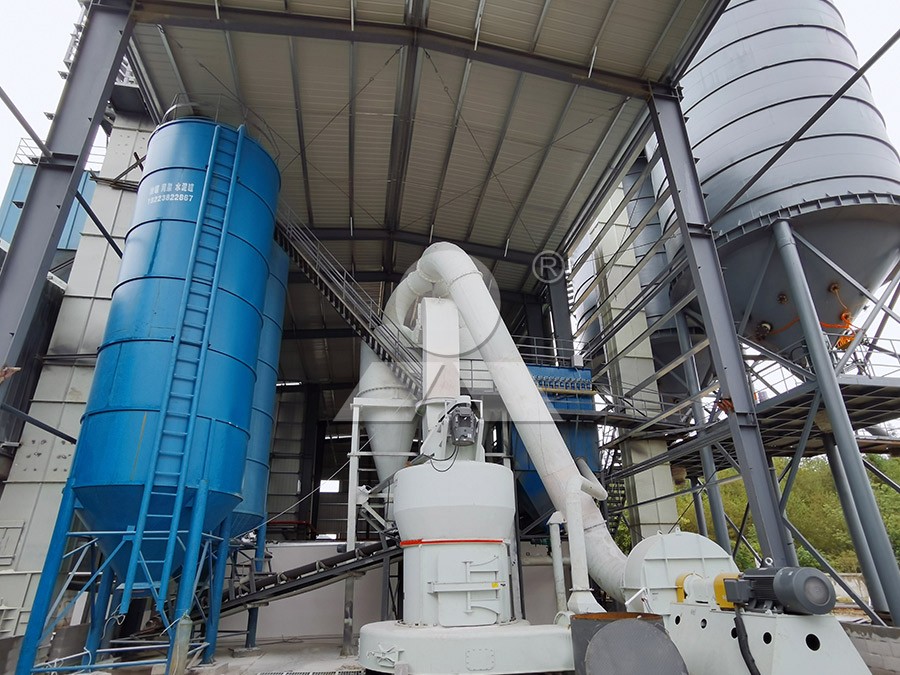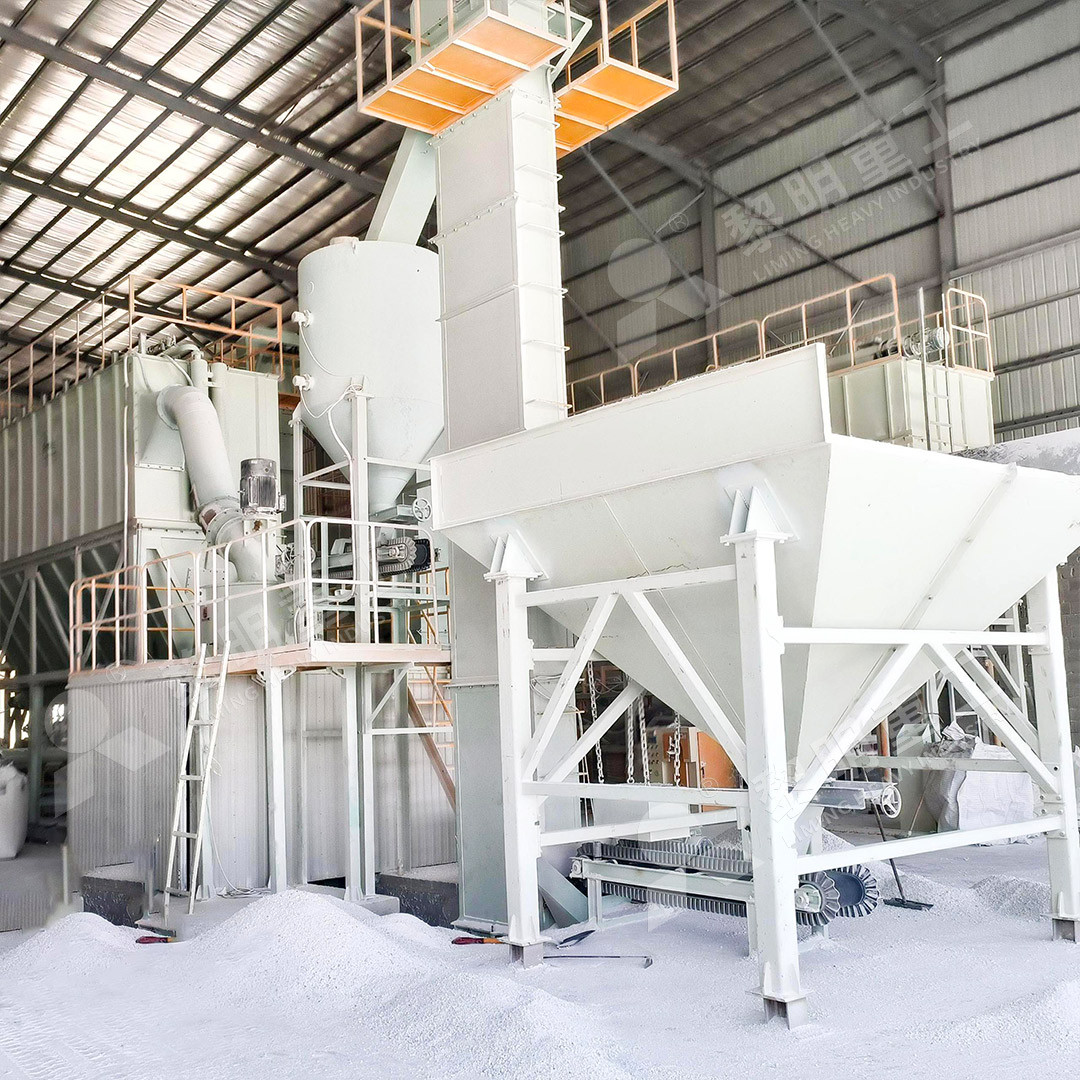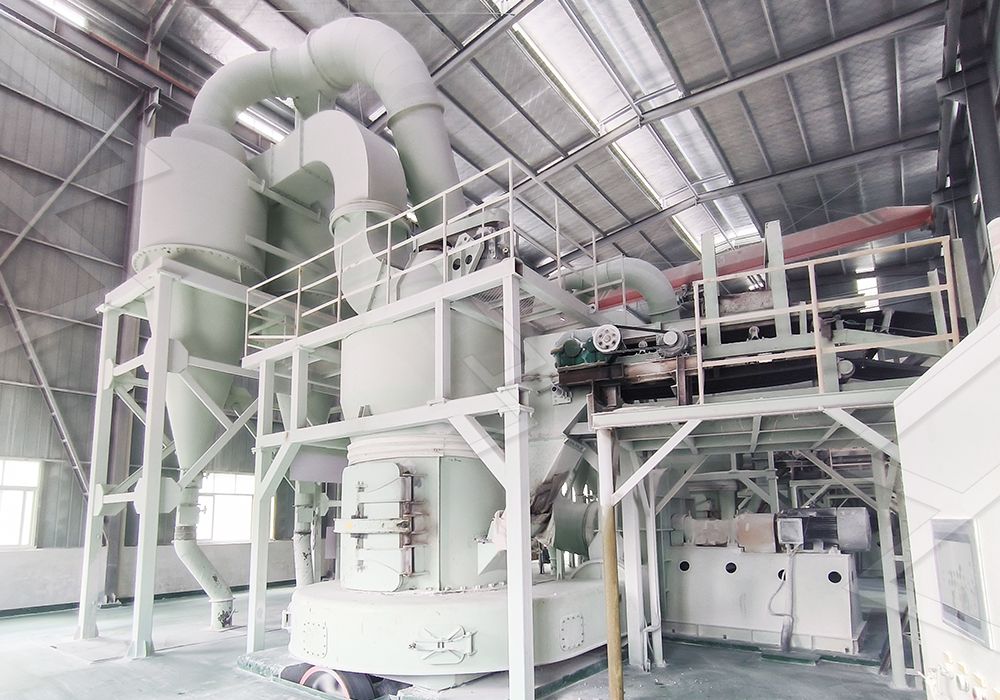Stone Grinding Mill Machine Price Guide and Factors
We provide a wide range of mills — including Raymond mill, trapezoidal mill, vertical mill, ultrafine mill, and ball mill, obtained ISO9001 international quality certification, EU CE certification, and Customs Union CU-TR certification. Suitable for processing minerals such as limestone, phosphate, quicklime, kaolin, talc, barite, bentonite, calcium carbonate, dolomite, coal, gypsum, clay, carbon black, slag, cement raw materials, cement clinker, and more.
The discharge range of these mills can be adjusted to meet specific processing needs, typically from 80-400 mesh, 600-3250 mesh, and can achieve the finest particle size of up to 6000 mesh(D50).
If you are looking for a reliable grinding solution to turn stone or minerals into fine powder, please feel free to contact our online customer service.
Understanding Stone Grinding Mill Machine Pricing
When investing in industrial grinding equipment, understanding the factors that influence stone grinding mill machine pricing is crucial for making an informed decision. The cost of these machines varies significantly based on multiple technical and operational considerations that directly impact their performance and long-term value.

Key Factors Affecting Grinding Mill Prices
Production Capacity and Throughput
The processing capacity, measured in tons per hour (tph), represents one of the most significant price determinants. Higher capacity machines require more robust construction, larger motors, and enhanced structural components. For instance, mills with capacities ranging from 0.5-25 tph will be priced differently than those handling 3-340 tph. The relationship between capacity and price isn’t linear—each incremental capacity increase often requires disproportionately larger investments in engineering and materials.
Material Input Size and Output Fineness
The maximum input size a mill can handle and the fineness range it can achieve directly impact manufacturing complexity and cost. Machines capable of processing larger raw materials (up to 70mm) while delivering ultra-fine powders (up to 2500 meshes) incorporate advanced grinding curves, precision separators, and specialized wear-resistant materials. The technology required to maintain consistent fineness across variable feed materials adds considerable engineering value and cost.
Energy Efficiency and Operational Costs
Modern grinding mills demonstrate significant variations in energy consumption. Advanced designs can reduce power usage by 30-50% compared to conventional models. While energy-efficient models may carry higher initial price tags, they offer substantial long-term savings. The integration of optimized grinding mechanisms, efficient drive systems, and intelligent controls all contribute to both the machine’s price and its operational economy.

Technical Features That Influence Investment Value
Beyond basic specifications, several technical innovations significantly affect both performance and pricing. The absence of rolling bearings and screws in the grinding chamber, as seen in our MW Ultrafine Grinding Mill, eliminates common failure points and reduces maintenance costs. Similarly, advanced powder selection technology using German-engineered cage-type separators enables precise fineness control between 325-2500 meshes, representing substantial engineering investment that justifies premium pricing.
Environmental compliance features also contribute to overall cost. Integrated pulse dust collectors and muffler systems not only meet stringent environmental standards but also protect workers and surrounding equipment. These systems represent additional components that manufacturers must engineer and integrate seamlessly into the overall machine design.
Recommended Solution: MW Ultrafine Grinding Mill
For operations requiring superior fine powder production, we particularly recommend our MW Ultrafine Grinding Mill. This machine represents the optimal balance of performance and value, handling input sizes of 0-20 mm with capacities ranging from 0.5-25 tph. Its innovative design delivers 40% higher production capacity compared to jet grinding mills while consuming only 30% of the energy. The absence of internal rolling bearings and screws eliminates common maintenance concerns, while the German-designed cage-type powder selector ensures precise fineness control. For operations processing limestone, calcite, dolomite, or specialized materials for chemical, paint, or food additive industries, this machine offers exceptional return on investment.

Long-Term Value Considerations
When evaluating grinding mill prices, consider the total cost of ownership rather than just the initial investment. Factors including maintenance frequency, spare parts availability, energy consumption, and operational downtime significantly impact long-term profitability. Machines with digitalized processing, high-precision manufacturing, and comprehensive technical support typically deliver superior value despite higher initial costs.
The availability of original spare parts and manufacturer technical support ensures continuous operation and protects your investment. Companies that maintain complete production and sales operations, like our organization, can guarantee genuine parts and expert service, minimizing operational risks.
Frequently Asked Questions
What is the typical price range for a quality stone grinding mill?
Prices vary significantly based on capacity and features, ranging from tens of thousands to several hundred thousand dollars. Our MW Ultrafine Grinding Mill offers competitive pricing within its class while delivering advanced features typically found in more expensive models.
How does energy efficiency impact overall operating costs?
Advanced grinding mills can reduce energy consumption by 30-50%, translating to substantial savings over the equipment’s lifespan. Our MW model consumes only 30% of the energy required by conventional jet grinding mills while delivering higher output.
What maintenance factors should I consider when evaluating prices?
Consider machines with features that reduce maintenance requirements, such as the absence of rolling bearings in the grinding chamber and external lubrication systems. These design elements significantly reduce downtime and maintenance costs over time.
How important is after-sales support in the overall value equation?
Extremely important. Comprehensive technical support, genuine spare parts availability, and manufacturer expertise ensure continuous operation and protect your investment. We maintain complete control over production and support to guarantee worry-free operation.
